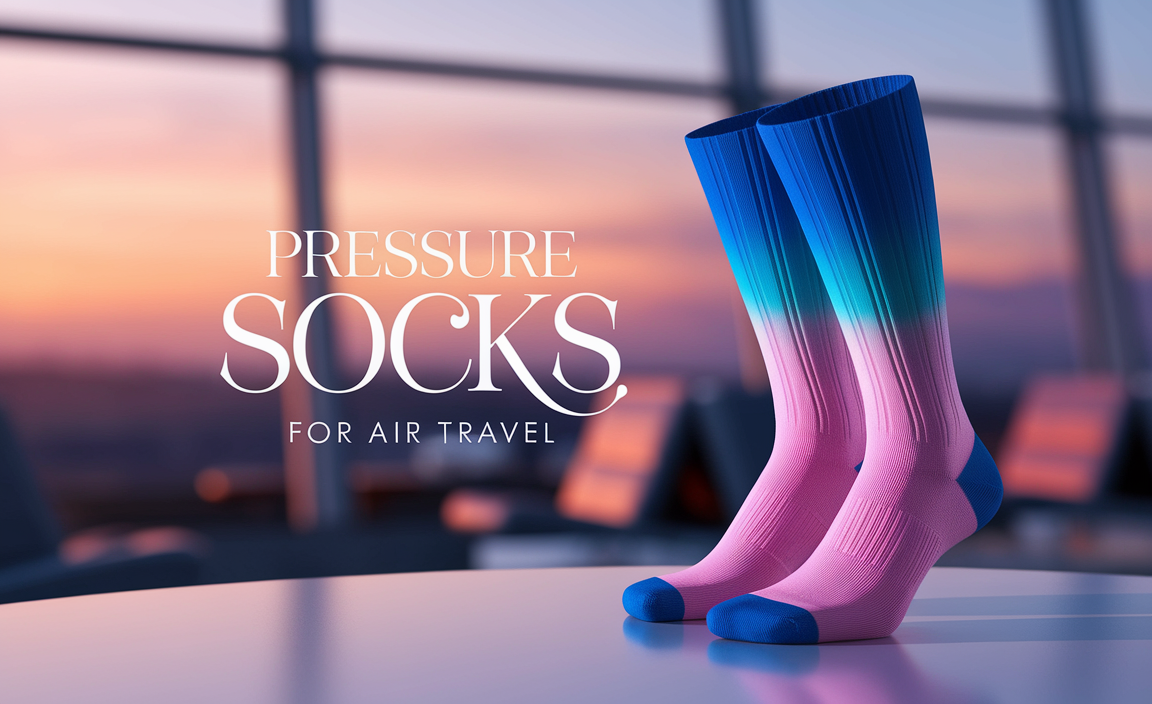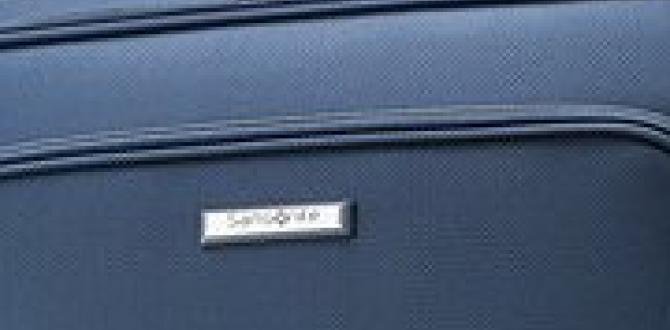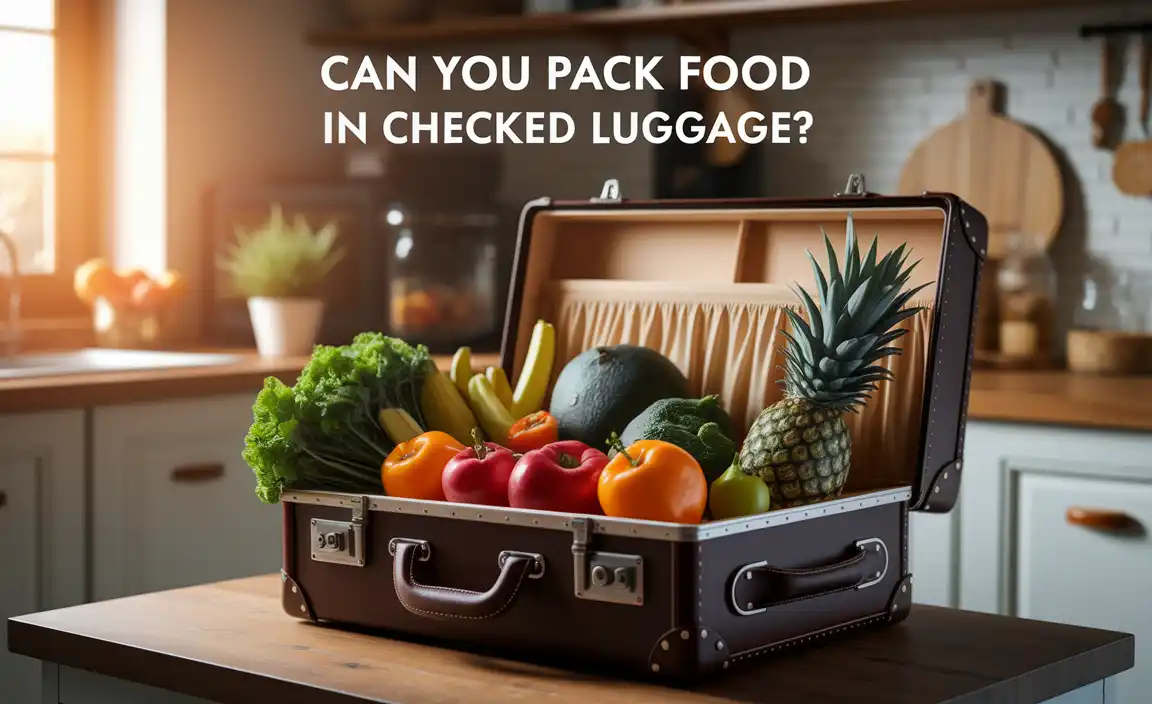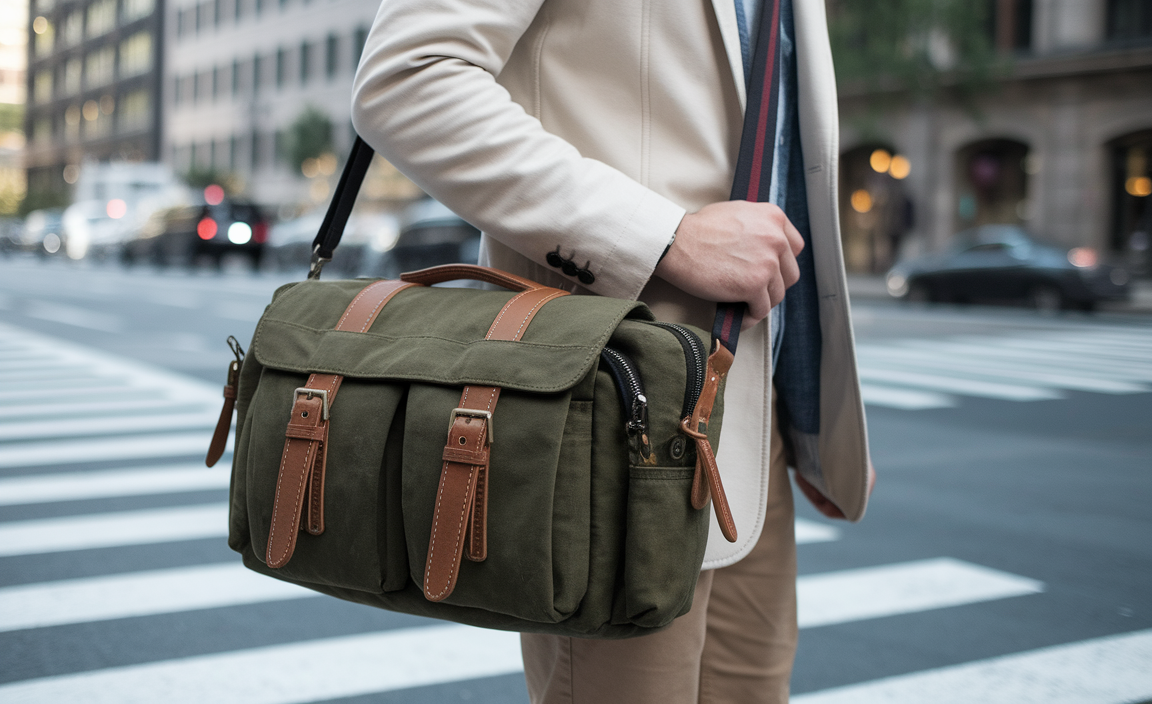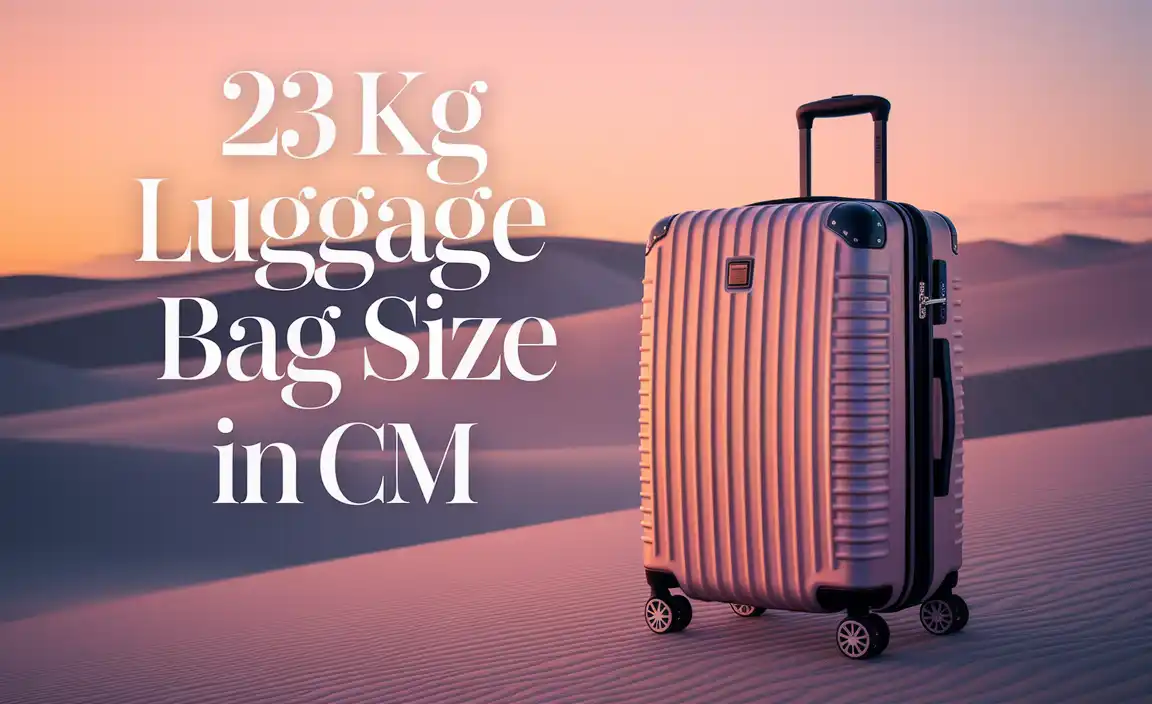Auckland locals are generally relaxed, but knowing basic etiquette, especially around tipping, makes interactions smoother. In Auckland, tipping isn’t mandatory or expected in most situations, but small gestures of appreciation for exceptional service are always welcome. This guide will walk you through common scenarios so you can travel with confidence.
Planning a trip to Auckland, New Zealand? Wonderful! As you pack your bags and get ready to explore the City of Sails, you might be wondering about the local customs, especially when it comes to tipping and general etiquette. It’s completely normal to feel a little unsure about these things when visiting a new place! Many travelers worry about appearing rude or out of touch. But don’t fret! New Zealanders are known for their friendly and down-to-earth nature, and Auckland is no exception. This guide is designed to be your simple, stress-free companion, breaking down Auckland’s local etiquette and tipping practices so you can navigate your trip with ease and confidence. We’ll cover everything from dining out to getting around, ensuring you feel comfortable and prepared for every interaction. Let’s dive in and make your Auckland adventure as smooth as can be!
Understanding Auckland’s Social Landscape
Auckland, like much of New Zealand, embraces a relatively informal and egalitarian culture. This means you’ll find people are generally approachable, and strict social hierarchies are less pronounced than in some other parts of the world. However, understanding a few nuances can greatly enhance your experience and ensure you’re being respectful of local customs.
Greetings and General Politeness
Aucklanders are friendly and appreciate politeness. A simple “hello,” “good morning,” or “good afternoon” goes a long way. When interacting with service staff, retailers, or locals you encounter, maintaining a friendly demeanor and using polite language like “please” and “thank you” is always appreciated.
- Directness with Kindness: While New Zealanders can be direct in their communication, it’s usually delivered with politeness and without bluntness.
- Personal Space: People generally value their personal space, so avoid standing too close when talking to someone.
- Queueing: Always join the back of a line (queue) and wait your turn. This is a fundamental aspect of Kiwi etiquette.
- Apologizing: New Zealanders tend to apologize easily, even for minor things. If someone bumps into you, they’ll likely say “sorry.” It’s polite to reciprocate with a “no worries” or “it’s okay.”
Attire and Appearance
Auckland is a diverse and cosmopolitan city, and fashion can range from casual to smart. Generally, the dress code leans towards casual and comfortable, especially outside of formal business settings or high-end restaurants. For everyday activities like sightseeing, shopping, or casual dining, smart casual is usually appropriate. If you’re planning to visit a more upscale restaurant or attend a special event, check their dress code beforehand.
Tipping Culture in Auckland: What You Need to Know
This is often one of the most common questions for visitors, and thankfully, it’s quite straightforward in Auckland and New Zealand in general. The short answer is: tipping is not expected or a requirement in most situations.
Why is tipping not a standard practice? In New Zealand, businesses are legally required to pay their staff a fair living wage. This means that the prices you see on menus and in stores already include service charges and wages. Therefore, there’s no societal expectation for customers to supplement an employee’s income through tips.
However, this doesn’t mean you can’t show appreciation for exceptional service!
When Tipping Might Be Considered (Optional)
While not obligatory, you might choose to tip in the following scenarios:
- Exceptional Restaurant Service: If you’ve received outstanding service above and beyond what you’d normally expect, a small tip to show your gratitude is perfectly acceptable.
- Tour Guides and Drivers: For private tours or a particularly memorable experience with a tour guide or driver who has made your trip special, a tip can be a nice way to acknowledge their effort.
- Hotel Bellhops/Concierge: If a bellhop goes out of their way to help with your luggage or a concierge provides exceptional assistance in booking activities, a small token of appreciation is fine.
How Much to Tip (If You Choose To)
If you decide to tip, it’s usually a small gesture. A common range is around 5-10% of the bill for truly exceptional service in a restaurant. For other services, a few dollars or a small amount that feels right to you is sufficient. Remember, this is entirely optional.
Key Takeaway on Tipping:
Don’t feel pressured to tip. The service staff in Auckland are paid a fair wage, and the price you pay includes everything. If you receive service that truly wows you, a small tip is a lovely way to say thank you, but it’s never expected.
Etiquette in Dining and Hospitality
Dining out in Auckland is a delightful experience, with a wide range of culinary options. Understanding a few dining etiquette points will help you feel more at ease.
Restaurants and Cafes
- Making Reservations: For popular restaurants, especially during weekend evenings, making a reservation is highly recommended. You can usually do this online or by phone.
- Ordering: Wait to be seated by the host or waitstaff. When ready, catch the attention of your server politely.
- Service: Service is generally efficient and friendly, but not overly intrusive. Staff will check on you periodically but will also give you space.
- Splitting Bills: Many restaurants are accommodating with splitting bills, but it’s often easier if one person pays and then settles up with their companions. Confirm with your server at the start of the meal if you plan to split.
- Dietary Requirements: New Zealand restaurants are generally good at accommodating dietary needs (vegetarian, vegan, gluten-free, allergies). Don’t hesitate to inform your server.
Tipping in Specific Hospitality Scenarios
Let’s break down tipping for different hospitality roles:
| Service Type | Tipping Expected? | Optional Tip Amount (If Service is Exceptional) | Notes |
|---|---|---|---|
| Restaurant Waitstaff | No | 5-10% for outstanding service only | Prices include service and wages. |
| Bar Staff / Bartenders | No | Small amount (e.g., a few dollars) for round of drinks if they’ve been particularly quick or friendly. | Not common; entirely at your discretion. |
| Hotel Housekeeping | No | Small amount ($5-$10) left discreetly if satisfied with service. | Optional; focus on the room’s condition. |
| Hotel Bellhop/Porter | No | $5-$10 per bag, or a flat $10-$20 for significant assistance. | For carrying luggage to/from your room. |
| Taxi/Rideshare Drivers | No | Rounding up the fare or a few extra dollars if they’ve been helpful (e.g., with luggage). | This is becoming more common in rideshares but not expected. |
| Tour Guides (Day Tours) | No | $10-$20 per person for a full-day tour if the guide was excellent. | Depends on tour length and quality of experience. |
| Spa Services | No | 5-10% for exceptional service. | Check if a service charge is already included. |
As you can see from the table, the overarching theme is that tipping within Auckland falls into the category of a pleasant surprise for truly exceptional service, rather than a standard expectation.
Navigating Public Transport and Services Etiquette
Auckland has a public transport system that includes buses, trains, and ferries, managed by Auckland Transport (AT). Being mindful of etiquette on public transport ensures a pleasant journey for everyone.
On Buses, Trains, and Ferries
- Be Punctual: While public transport aims for schedules, being on time for your stop or station makes the process smoother.
- One-Way Flow: When boarding, allow passengers to alight (get off) before you attempt to board.
- Give Up Seats: Offer your seat to elderly passengers, pregnant women, or those with young children.
- Keep Belongings Tidy: Stow bags and luggage under seats or in designated areas to avoid obstructing aisles or other passengers.
- Volume Control: Keep phone calls and music volume low or use headphones. Loud conversations can be disruptive.
- Cleanliness: Keep the space around you clean. Dispose of any rubbish properly.
- Fares: Ensure you have your AT HOP card topped up or the correct fare ready to make payment quick and efficient. You can find more information on fares and how to get an AT HOP card on the Auckland Transport website.
Taxis and Rideshares
When using taxis or rideshare services like Uber or Ola, the etiquette is similar to other services – polite and considerate.
- Booking: Use the respective apps or book through a taxi company.
- Boarding: Be ready at your pickup location when the driver arrives.
- Conversation: Drivers are usually happy to chat, but don’t feel obligated to engage in lengthy conversations if you prefer not to.
- Cleanliness: Keep the vehicle reasonably tidy during your ride.
- Payment: Payment is typically handled through the app for rideshares, or with the driver for taxis. Tipping is optional, as noted earlier.
Social Etiquette in Common Situations
Beyond dining and transport, understanding social cues in other everyday situations will make your interactions more comfortable.
Shopping
Retail environments in Auckland are generally relaxed. You’ll find friendly sales assistants happy to help.
- Browsing: It’s perfectly fine to browse. A friendly nod or smile to a staff member is polite.
- Asking for Help: If you need assistance, approach a staff member or wait for them to approach you.
- “No Thanks, Just Looking”: A polite “no thank you, I’m just looking” is sufficient if you don’t need help at that moment.
- Payment: Most stores accept credit/debit cards. New Zealand uses a contactless payment system widely.
Home Visits and Social Gatherings
If you are invited to someone’s home in Auckland, it’s a sign of genuine hospitality. Follow these simple guidelines:
- Punctuality: Arrive on time, or no more than 10-15 minutes late. Being significantly early can be awkward.
- What to Bring: It’s customary to bring a small gift for the host, such as a bottle of wine, chocolates, or a small bouquet of flowers. Something from your home country can also be a thoughtful touch.
- Shoes: It’s common practice to remove shoes when entering someone’s home to keep it clean. Observe what others do or ask.
- Offer to Help: Offer to help with dishes or clearing up after the meal. It’s usually polite to do so, but hosts will often decline.
- Conversation: Be engaged in conversation and show interest in your hosts and their guests.
Dealing with Children (If Relevant)
For parents traveling with young children, or those interacting with families, understanding local attitudes towards children is helpful. New Zealanders generally have a relaxed attitude towards children. They are often welcomed in public places, and parents are generally given a lot of freedom.
If you are traveling with children and require specific conveniences, like changing facilities, most public restrooms and family-friendly establishments will have them. For adults who might need discreet personal care items, such as adult or child diapers, these can be purchased from pharmacies or larger supermarkets. Planning ahead and packing an adequate supply, especially for long journeys or if you have specific brand preferences, is always a good idea. Many travelers find it reassuring to have these essentials readily available, ensuring comfort and minimizing stress during their trip. Destinations like pharmacies and larger supermarkets across Auckland will stock various personal care items.
Common Mistakes to Avoid
To ensure a smooth and enjoyable trip, here are a few things to steer clear of:
- Assuming Tipping is Required: This is the biggest faux pas. New Zealanders don’t expect tips, so don’t feel obligated or awkward if you don’t tip.
- Being Excessively Loud: Aucklanders generally appreciate a more subdued public demeanor. Avoid being overly loud in public spaces, transport, or restaurants.
- Disregarding Queues: Cutting in line is highly frowned upon. Always wait your turn patiently.
- Littering: Keep Auckland clean. Dispose of your rubbish in designated bins.
- Interrupting: While directness is valued, interrupting someone mid-sentence is considered impolite.
Frequently Asked Questions (FAQ)
Q1: Is it customary to tip in Auckland?
No, tipping is not customary or expected in Auckland. The prices you see include wages and service charges. You can opt to tip for truly exceptional service as a sign of appreciation, but it is never required.
Q2: How much should I tip if I receive great service at a restaurant?
If you feel the service was outstanding, a tip of 5-10% of the bill is more than generous. This is purely optional.
Q3: Do I need to tip taxi drivers or rideshare drivers in Auckland?
No, tipping taxi or rideshare drivers is not expected. You can choose to round up the fare or leave a small extra amount if the driver provided excellent service or assistance (e.g., with luggage), but it’s entirely at your discretion.
Q4: Is it polite to make small talk with strangers in Auckland?
Yes, making polite small talk, especially with service staff or during casual encounters like queuing, is generally accepted and appreciated. However, respect personal space and be mindful if someone appears to prefer a more private interaction.
Q5: Should I offer assistance to older passengers on public transport?
Absolutely. Offering your seat to elderly people, pregnant women, or those with young children on public transport is considered a very considerate and kind gesture and is highly valued.
Q6: What is considered rude behavior in Auckland?
Commonly considered rude behaviors include cutting in line, being excessively loud in public, littering, interrupting conversations, and disrespecting personal space. Also, not removing shoes when invited into someone’s home can be seen as impolite.
Q7: Are there specific tipping customs for hotel staff like housekeepers or bellhops?
Tipping hotel staff is not mandatory. For exceptional service, you might offer a small amount to a bellhop ($5-$10 per bag) or leave a token for housekeeping ($5-$10) if they’ve done an outstanding job. This is completely optional.
Conclusion
Navigating the local etiquette and tipping customs in Auckland is much simpler than you might think. New Zealand’s culture values respect, politeness, and fairness, which translates into a relaxed approach to social interactions and a clear stance on not expecting tips. By remembering that the service you receive is generally covered by the price, and that any tipping is a bonus for exceptional service, you can confidently enjoy your time in the City of Sails. Whether you’re dining in a fantastic restaurant, exploring the city’s attractions, or simply using public transport, a friendly attitude and a little mindfulness about local customs will go a long way. Embrace the welcoming spirit of Auckland, and focus on enjoying the incredible experiences the city has to offer. Travel with ease, knowing you’re prepared for every interaction. Happy travels!

